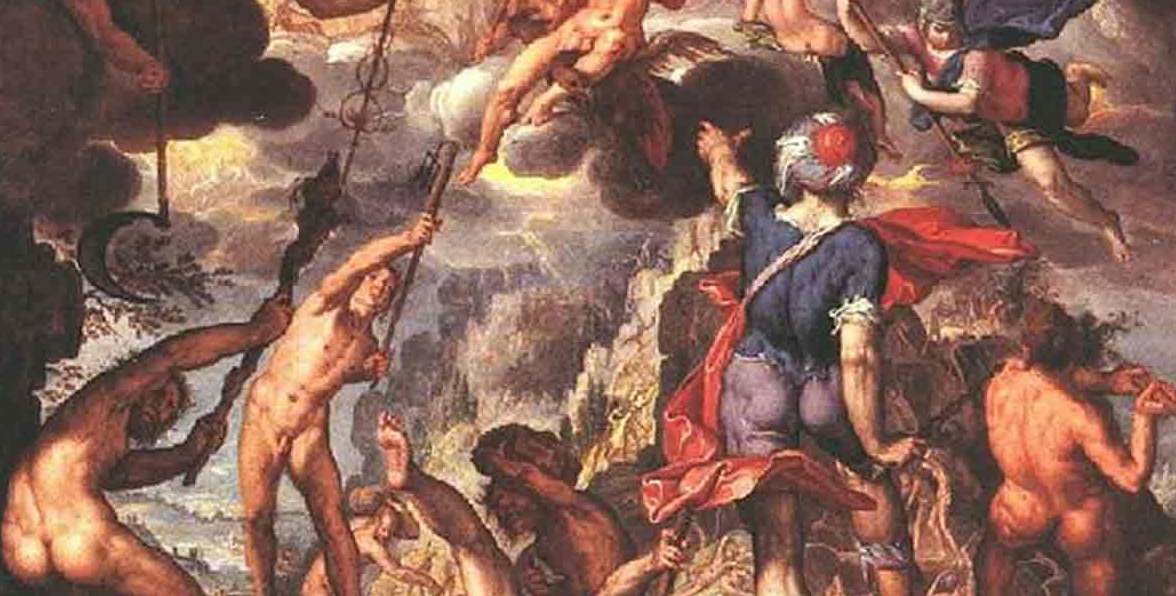The War of the Titans, a tumultuous saga in Greek mythology, unfolds like a cosmic drama, blending familial strife, ruthless ambition, and the inescapable pull of destiny.
Kronos, the cunning Titan, ascended to power by dethroning his father, Uranus, but his reign turned dark as he sought to avert a prophecy foretelling his downfall. In a macabre twist, Kronos devoured his own children, triggering a clash that would echo through the ages. Rhea, his wife, resilient and plotting, managed to save Zeus, the youngest, from this grotesque fate. Zeus, nurtured in secrecy, emerged as the linchpin of a rebellion against his tyrannical father. Fate, disguised as a potion, forced Kronos to regurgitate his swallowed kin, setting the stage for a war that would redefine the cosmos.
Homes of Greek authors: Chronicles of literary residences
The battleground witnessed Zeus, wielding lightning bolts forged by the liberated Cyclopes, and the Hecatonchires hurling rocks from Mount Olympus. The war scarred not only the mythic landscape but also the fates of individual Titans. Kronos faced various destinies – imprisonment in Tartarus, ruling Elysium, or a grisly demise where Zeus dismembered him. Atlas, Kronos’ general, bore the weight of punishment, forever supporting the sky in the western corner of the world. The victors, Zeus, Poseidon, and Hades, divided the realms between them, building the foundations of Greek mythology as we remember it today.
Source: Ancient Origins
Ask me anything
Explore related questions





